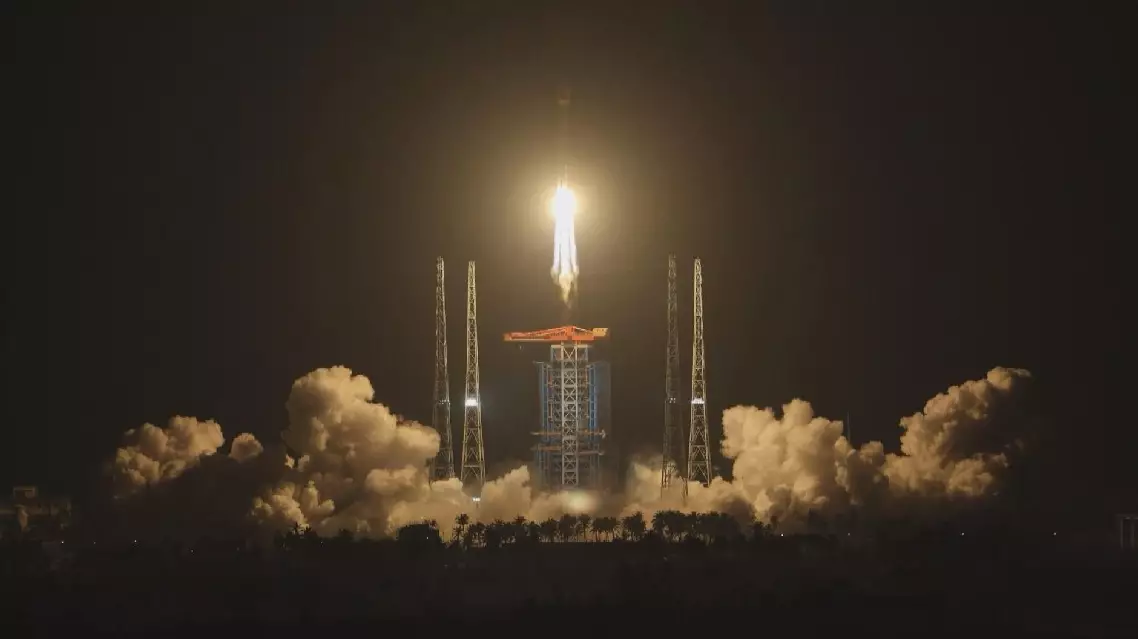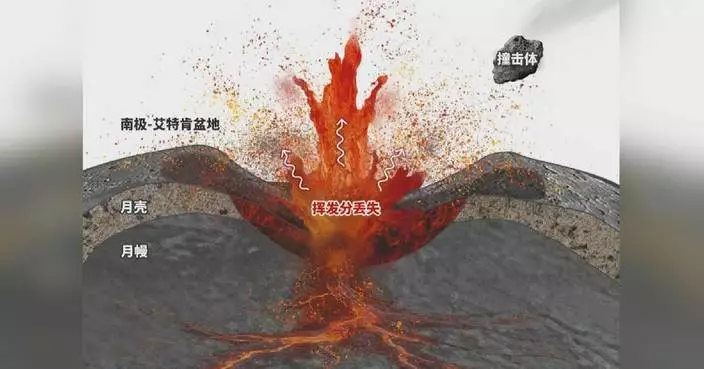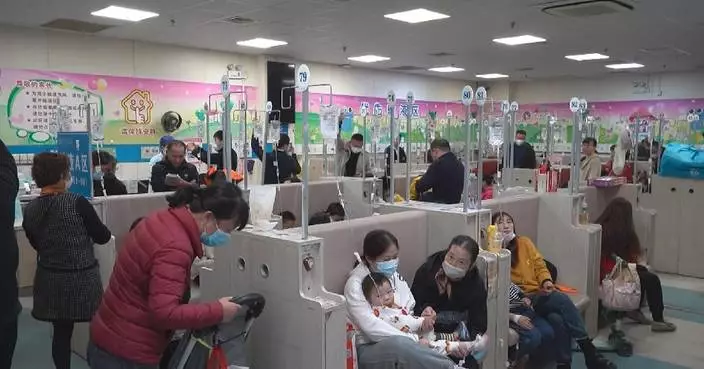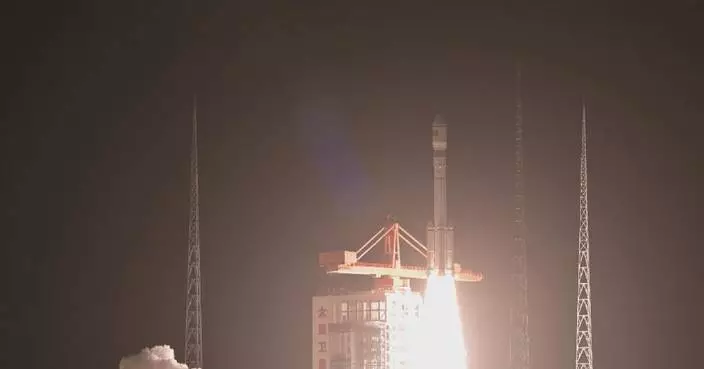The U.S. has completely underestimated the level of innovation and quality of China's artificial intelligence industry as proven by the sudden emergence of Chinese startup DeepSeek, which will now force firms to rethink their short-term strategies and drastically reduce costs, according to the CEO of a U.S. technology company.
DeepSeek-R1, a new open-source (AI) model from the Hangzhou-based Chinese startup DeepSeek, has rapidly gained global attention after launching earlier this month, soaring to the top of Apple's app store's free charts by Monday, surpassing OpenAI's ChatGPT.
The sudden rise of DeepSeek also caused a sharp decline in the stock prices of major tech companies, including Microsoft, Meta, and Nvidia, with a former Google CEO described it as "a turning point" in the global AI race.
According to DeepSeek, in tasks such as mathematics, coding and natural language reasoning, the performance of this model is comparable to the leading models from heavyweights like OpenAI but only at a fraction of the cost and computing power of its competitors.
During an interview with the China Global Television Network (CGTN), Amr Awadallah, founder and CEO of Vectara, a U.S.-based generative AI search and discovery company, noted that the arrival of DeepSeek has challenged the arrogant assumption among some American companies that they held some form of superiority over China in AI innovation.
"Many of the U.S. players, they were in their minds, and maybe a little bit arrogant, thinking that they're two years ahead of China. There is no way that China or a Chinese startup would produce a model that is as superior and matches the models that we have right now. So they truly believed that we're two years ahead of anything that can happen there. And this proved that completely to be false, because this new model matches and even exceeds the best models that we have here in the U.S. right now," he said.
Awadallah noted that one of the most impressive aspects is that DeepSeek-R1 was developed in a highly cost-effective manner, giving it a competitive edge in the market by bringing down the cost for its users.
"People focus on how much it takes to train the model. That was very impressive. They actually trained it very economically, but the more impactful thing, and that's kind of what led to the big drop with Nvidia and others, is the model can produce the same quality of results as our top models here in the U.S., for one 30th of the cost. So I can run that model with one 30th of the power requirements, with one 30th of the GPU (graphics processing unit) hardware and this is really what changes the economics completely," he said.
Awadallah also shared another perspective on DeepSeek's success, pointing out that the U.S. chip ban on China has in fact only driven Chinese developers to come up with even more innovative solutions, noting that "need is the mother of invention."
"Because the Chinese developers were constrained in terms of the hardware resources they are were able to use, because of the U.S. laws prohibiting certain types of graphics cards being sold into China, they came up with a lot of optimization techniques that were genius in terms of how they're leveraging the hardware, and that brought down the cost. But also they came up with a couple of very clever ideas in terms of how to train the model itself, to evolve the reasoning capabilities that the most advanced models that we have in the U.S. right now exhibit," he said.
The shockwaves that DeepSeek sent through the markets was profound, with stock of the U.S. chip giant Nvidia plunging by almost 17 percent on Monday, wiping out nearly 600 billion U.S. dollar in market value.
U.S. President Donald Trump said this represented a "wake up call" for the U.S. tech industry, and Awadallah says DeepSeek's rise will prompt many American firms to reassess and rethink their development strategies going forward, both in terms of funding and the functionality of their AI systems.
"Essentially what's happening is Nvidia was overvalued. Like, let's be honest, they were incredibly overvalued given the revenues and even the growth rate that they have, which is very impressive. But that was under the assumption that we need this much power, and we need this much GPUs to train and serve. And DeepSeek just proved we don't need this much, we need this much -- one 30th of what it was before. That, over the long term, will produce better results for all of us, there is no question about it that Nvidia would do well over the long term. But, in the short term, over the next two, three, four years, it affects all of the math in our spreadsheets, for how much revenues Nvidia is going to be able to make," he said.
Awadallah also believes that as the competition in the AI market intensifies, profit margins for companies like Nvidia are likely to continue to drop.
"Now as these AI models become applied in business use cases, for law, for medicine, for education, the demand will still be off the charts in terms of the serving, so the demand will go up over time. But the margins that the infrastructure companies can make will go down over time. So I believe overall the market will grow. The amount of need for semiconductors will go up over time, but competition will lead to the margins dropping. Nvidia cannot get hooked on the same high margins they were hoping to keep capturing over time as competition comes into effect," he said.
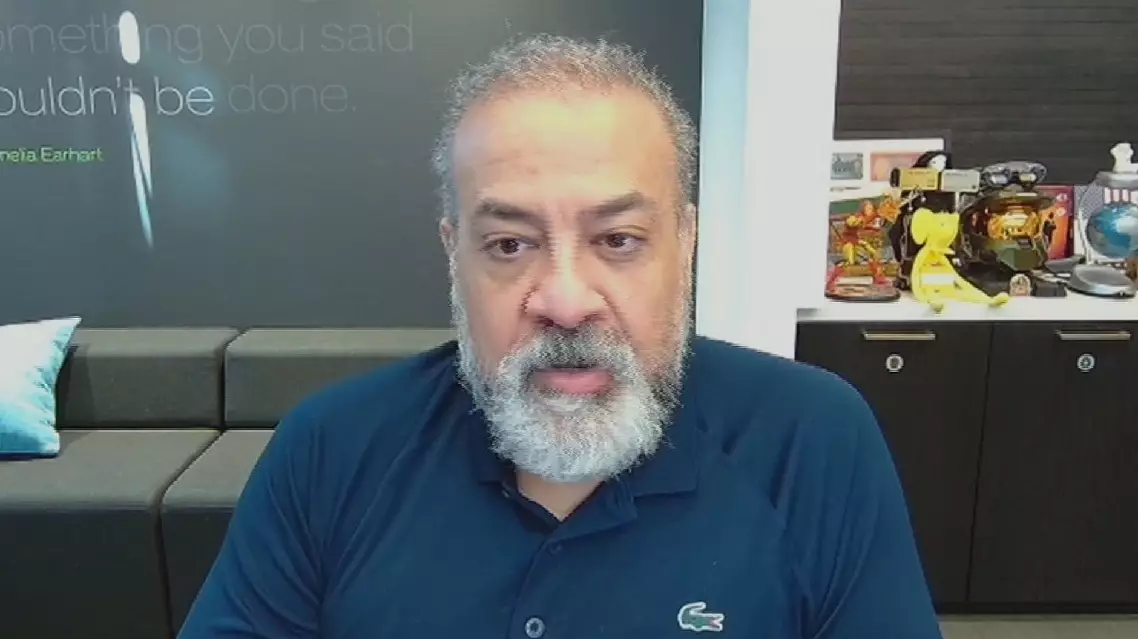
US "arrogant" in underestimating level of innovation, quality of Chinese AI sector: Tech CEO


